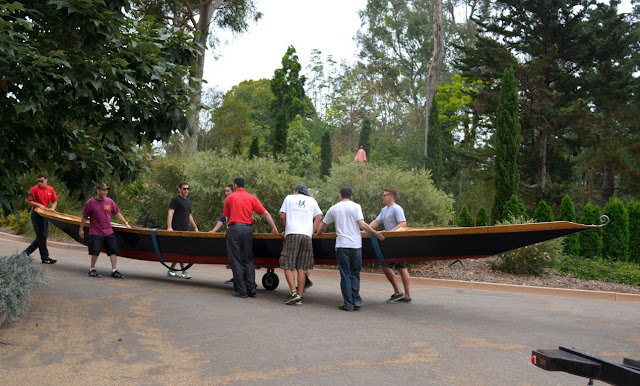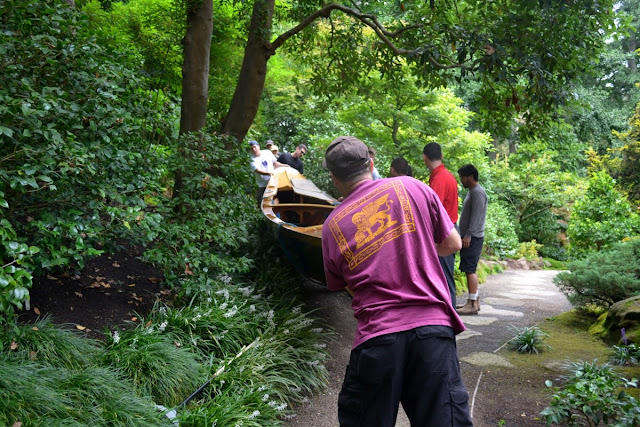Plenty of alternatives have popped up over the past three hundred years or so, but the French have stuck with the mushroom-shaped, wire retained, flying party-popper that was invented so long ago.
Sometimes I wonder if the French chose to stick with it out of respect for tradition, or because it's fun.
I think it was the fun factor.
In the early days of Gondola Adventures, we were young and foolish
(that means we enjoyed some raucus fun when it was available).
It was common for gondoliers to shoot corks at each other at the docks. Sometimes I'd talk my passengers into doing the aiming and shooting.
Now that we're so much more refined,
(that means older and more reserved)
We've come up with other ways to open champagne.
I like to begin by complimenting my clients on their choice of bubbly,
Then I'll ask if the gentleman would like to pop the cork or if he'd like
me to do the honors.
Nine times out of ten, I'm the guy doing the deed.
Next I'll ask if they'd like me to open it in the professional
bubble-conserving way,
or if I should "let it fly".
"Let it fly" is often the consensus, and it's my favorite.
I'll keep a finger on the top of the cork while removing the wire retaining basket,
Give the cork a gentle twist,
Then watch as the cork slowly begins to rise.
The object is to keep the thing perfectly vertical,
compensate for any wind,
and after it pops, try to catch the cork in your hat as it comes back down.
I'll be honest here:
I don't have the best record when it comes to catching the thing,
but it's great fun for the guests.
If you do it right, it should look something like this:
Notice how the lady is in the duck-and-cover posture.
photo by Cassandra Mohr
Although for the record, I think that particular effort yeilded
a magnificent example of bouncing off the rim and into the water.
Hey, it's a work in progress.
I don't think the Yankees will be calling me any time soon.
-
"Champagne! In victory one deserves it; in
defeat one needs it."
Napoleon Bonaparte








































